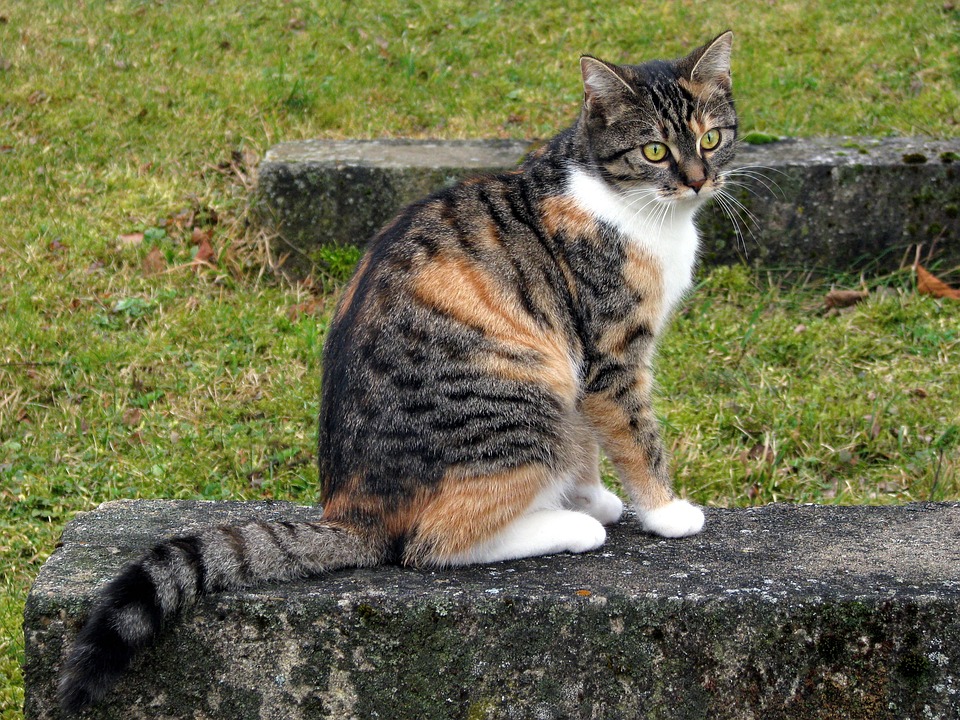Chronic kidney disease (CKD) is a common condition in cats, particularly in older felines. Along with impaired kidney function, cats with CKD often experience urinary issues that require careful management. Understanding the causes, symptoms, and treatment options for these common urinary problems is crucial for cat owners.
The link between chronic kidney disease and urinary issues is well-established. CKD can affect the urinary system in several ways. Firstly, the impaired kidney function can lead to a decreased ability to concentrate urine, resulting in increased urine production and frequent urination. Secondly, the kidneys play a role in regulating electrolyte balance, and their dysfunction can lead to imbalances that affect the urinary system. Lastly, the kidneys filter waste products from the blood, and when they are not functioning properly, these waste products can accumulate and cause irritation to the urinary tract.
There are several common urinary issues seen in cats with chronic kidney disease. Urinary tract infections (UTIs) are a frequent occurrence. Cats with CKD may have a weakened immune system, making them more susceptible to infections. UTIs can cause symptoms such as frequent urination, straining to urinate, and blood in the urine. It is important to diagnose and treat UTIs promptly to prevent complications.
Urinary obstruction is another serious issue that can occur in cats with CKD. Due to the kidneys’ impaired ability to regulate electrolytes, crystals and stones can form in the urine, leading to blockages in the urinary tract. This can cause severe pain and discomfort for the cat and may require emergency intervention. Preventive measures, such as a balanced diet and appropriate hydration, can help reduce the risk of urinary obstruction.
Inappropriate urination is a common problem in cats with CKD. It is essential to differentiate between medical causes, such as UTIs or urinary obstruction, and behavioral causes, such as stress or territorial marking. Addressing any medical issues and providing a suitable environment for the cat can help manage inappropriate urination.
Promoting urinary health in cats with chronic kidney disease is crucial. Hydration is key, as it helps flush out toxins and maintain urinary tract health. Encouraging increased water intake can be done by providing multiple water sources, using water fountains, or adding water to wet food. A kidney-friendly diet low in phosphorus and protein can also help manage urinary issues. Consulting with a veterinarian for dietary recommendations tailored to your cat’s specific needs is important.
Regular monitoring and veterinary check-ups are essential for cats with CKD. Routine blood and urine testing can help identify and address urinary issues promptly. Regular check-ups also provide an opportunity for your veterinarian to assess your cat’s overall health and make any necessary adjustments to their treatment plan.
In conclusion, understanding and managing urinary issues in cats with chronic kidney disease is essential for providing them with a comfortable and healthy life. By recognizing the common problems associated with CKD and implementing preventive measures, such as promoting hydration and maintaining a balanced diet, you can significantly improve your cat’s urinary health. Remember, regular veterinary care and open communication with your veterinarian are crucial for effectively managing these issues.








